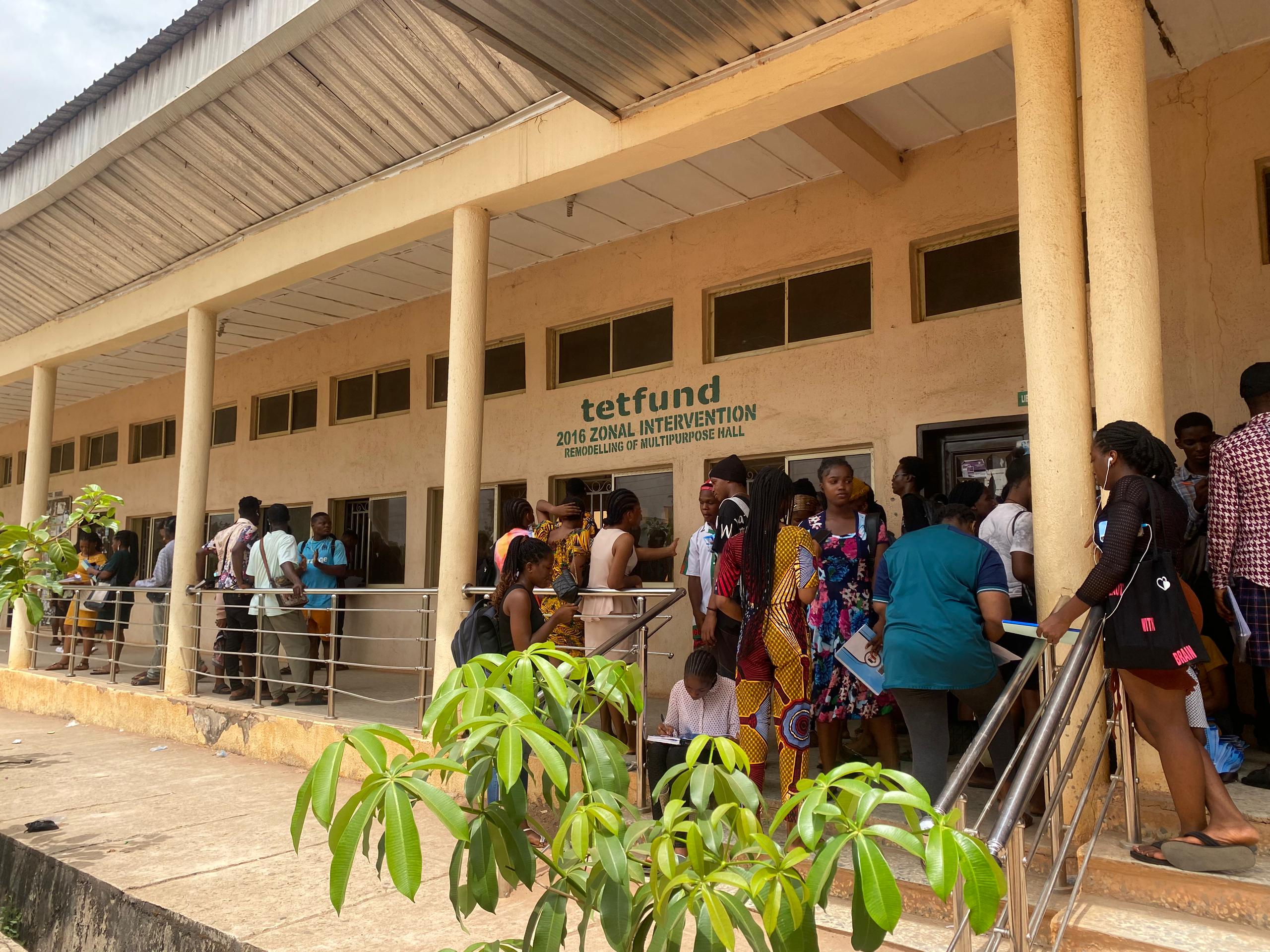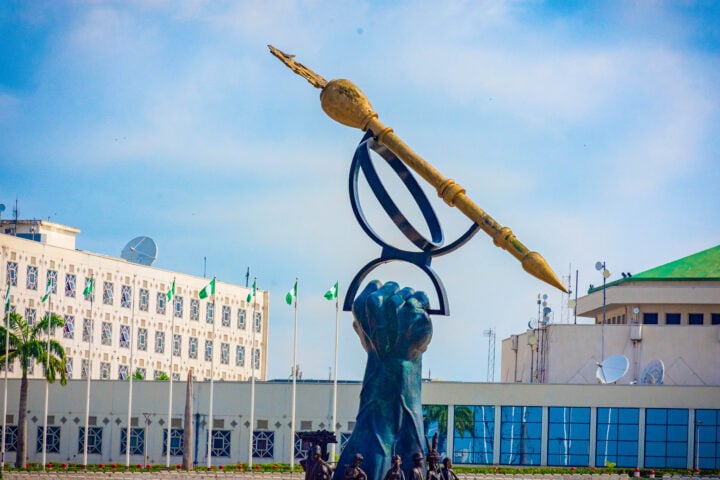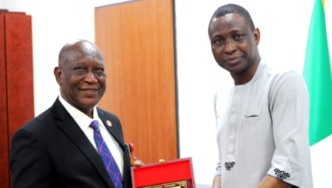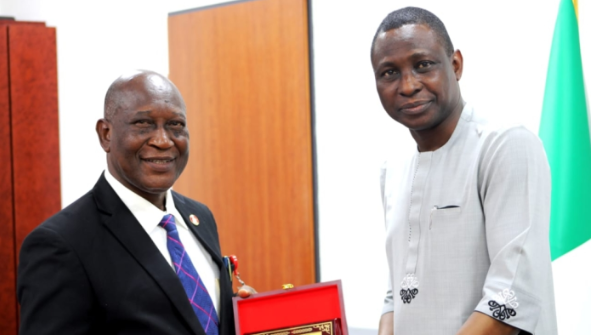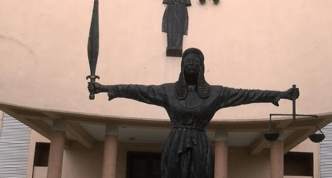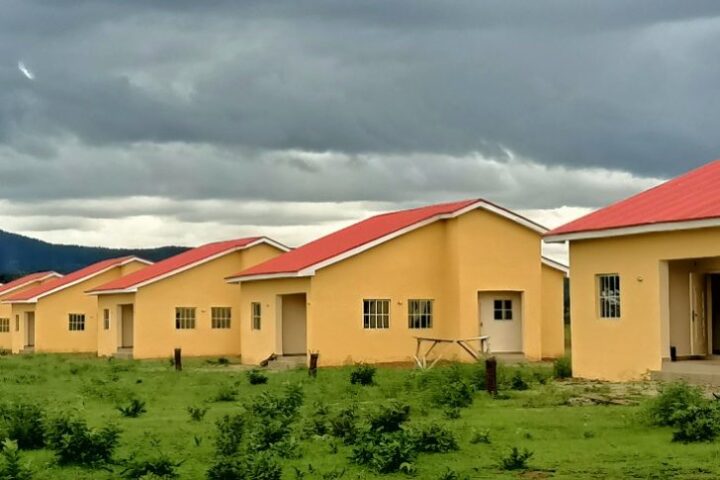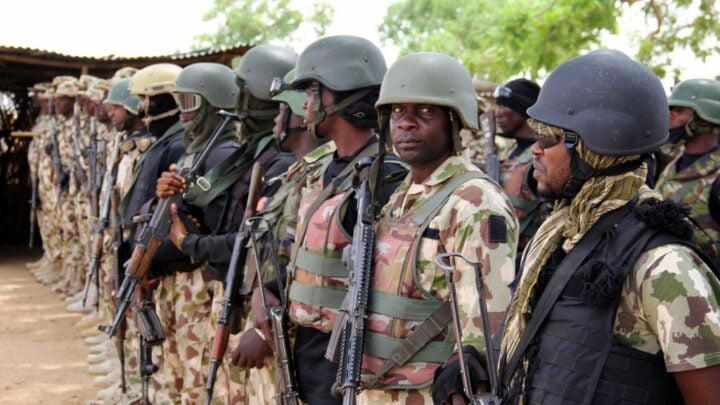BY TONYE IRIMS
When US President Donald Trump targeted South Africa with executive orders—whether through trade restrictions, aid suspensions, or geopolitical manoeuvring—it was not about democracy, fairness, or economic partnership. It was about control. Control over knowledge, movement, capital flow, and the manipulation of public perception. This is the age-old tactic of Western imperialism, repackaged in diplomatic language but designed to serve the same purpose: maintaining dominance.
Aid or trade: The lopsided relationship
South Africa has been caught in a tug-of-war between Western appeasement and self-determination, often to the detriment of its Black majority. The African Growth and Opportunity Act (AGOA)—initially presented as a gateway for African nations to access U.S. markets—has proven to be a lopsided agreement, favouring American interests while keeping South Africa economically dependent. Now, the suspension of USAID and other punitive measures are being wielded as weapons, not tools for partnership.
Advertisement
South Africa appears to have chosen to isolate itself from the rest of Africa, instead pandering to an elite group within the country that controls the land and capital—a group that has repeatedly signalled its lack of loyalty to South Africa’s democratic leadership. By doing so, South Africa exposes the nation’s vulnerabilities to external and internal betrayal.
The stepchild of its own home
Black South Africans continue to be treated as the unprotected stepchildren in their own land. The persistent economic disparity—seen starkly in places like Clifton’s wealth vs. Khayelitsha’s poverty—is a painful reminder that while political apartheid may have ended, economic apartheid thrives. Without a global “big uncle” to whom they can report their oppression, frustration often finds expression in the wrong places, such as xenophobic attacks against fellow Africans instead of addressing the real economic gatekeepers.
Advertisement
Malema and the fight against imperialism
Few South African leaders have spoken against this economic stranglehold as fearlessly as Julius Malema, the Commander in Chief of the Economic Freedom Fighters (EFF). His outspoken stance against white supremacy and imperialism has made him a target of both domestic and foreign enemies. Ironically, the loudest opposition to his movement often comes from the very community he seeks to liberate—a tragic example of internalized oppression and betrayal.
Where are South Africa’s allies?
South Africa should have seen this US move coming and prepared decades ago. When BRICS was founded on June 16, 2009, it signalled the potential for a multipolar world, one that could challenge Western hegemony through de-dollarization and economic independence.
Advertisement
Yet, despite BRICS’ expansion and the ongoing talk of a BRICS passport, South Africa still finds itself reacting rather than dictating its own course. This is the fundamental difference between a strong global player and a vulnerable state—you do not beg for relationships, you bring value to them.
Checkmate or a new strategy?
Now that Trump’s executive orders have laid down the challenge, how will South Africa respond? Will it plead for mercy or stand firm with a reciprocal response? If South Africa had solidified alliances beyond rhetoric, it would not have to fear U.S. restrictions—it would have its brotherhood, trade partners, and new markets to rely on.
America is a nation of 50 states, over 200 years of democratic governance, and a global network of powerful allies. In contrast, South Africa, with nine provinces and only 31 years of democracy, still plays catch-up.
Advertisement
This is not a game of checkers. It’s four-dimensional chess—and South Africa needs to start thinking several moves ahead.
As my father used to say, lean freedom is better than fat slavery. South Africa must decide—does it continue to be politically free but economically enslaved? Or does it carve out its own destiny?
Advertisement
Tonye Irims is passionate about innovation, technology, and business strategy. He is also associated with Freemasonry in South Africa.
Advertisement
Views expressed by contributors are strictly personal and not of TheCable.
Add a comment

